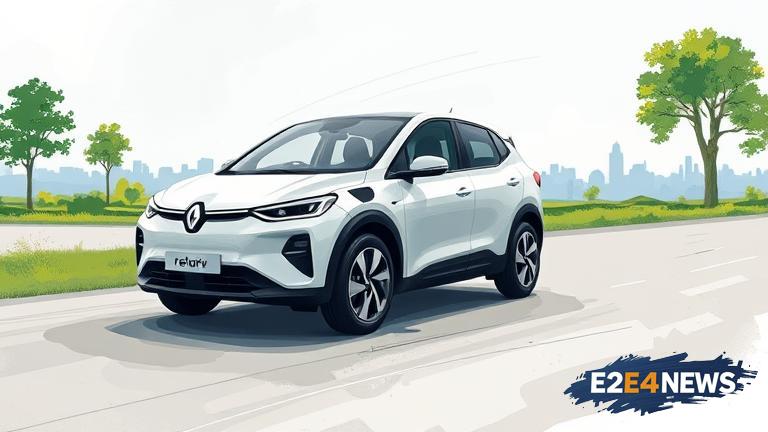The Indian government has announced a comprehensive plan to promote the adoption of electric vehicles (EVs) in the country. The plan includes a range of incentives and initiatives to encourage the use of EVs, including tax exemptions, subsidies, and investment in charging infrastructure. The government aims to have at least 30% of new vehicle sales be electric by 2030. To achieve this goal, the government will provide subsidies to manufacturers to produce EVs, as well as to buyers to purchase them. Additionally, the government will invest in the development of charging infrastructure, including the installation of charging stations along highways and in cities. The plan also includes measures to promote the use of EVs in public transportation, such as buses and taxis. The government will provide subsidies to state governments to purchase EVs for public transportation. Furthermore, the plan includes initiatives to promote the use of EVs in the private sector, such as providing tax exemptions to companies that use EVs for their fleets. The government will also invest in research and development to improve the technology and efficiency of EVs. The plan is expected to have a significant impact on the environment, as EVs produce zero emissions and can help reduce air pollution in cities. The government estimates that the plan will help reduce greenhouse gas emissions by at least 10% by 2030. The plan is also expected to have economic benefits, as it will create new jobs and stimulate economic growth. The government estimates that the plan will create at least 10,000 new jobs in the EV sector by 2025. The plan has been welcomed by the automotive industry, which sees it as a major opportunity to grow and develop. Several major automotive companies have already announced plans to invest in EV manufacturing in India. The plan is also expected to have a positive impact on the energy sector, as it will reduce the demand for fossil fuels and promote the use of renewable energy. The government will work with state governments and private companies to implement the plan and achieve its goals. The plan is a major step forward for India’s efforts to reduce its carbon footprint and promote sustainable development. The government is committed to making India a leader in the global EV market and is taking concrete steps to achieve this goal. The plan is expected to be implemented in phases, with the first phase focusing on the development of charging infrastructure and the promotion of EVs in public transportation. The second phase will focus on the promotion of EVs in the private sector and the development of new technologies. The government will review the progress of the plan regularly and make adjustments as needed. Overall, the plan is a major step forward for India’s efforts to promote sustainable development and reduce its carbon footprint.





